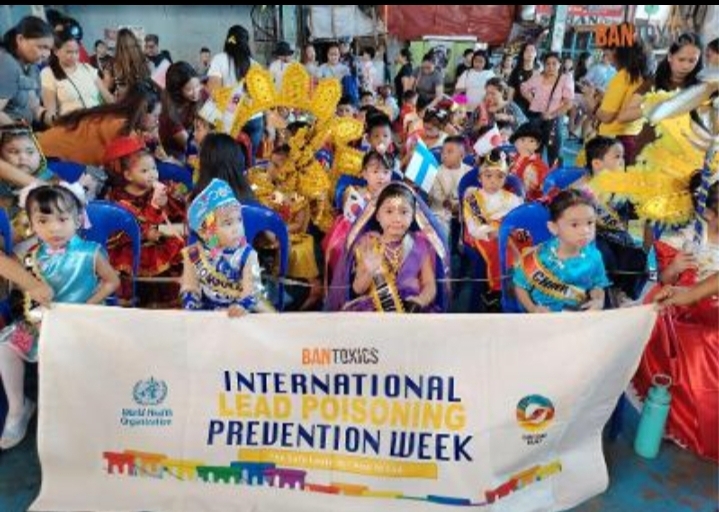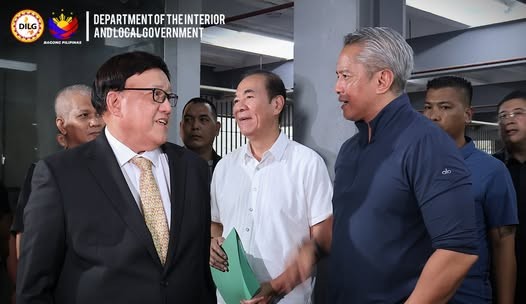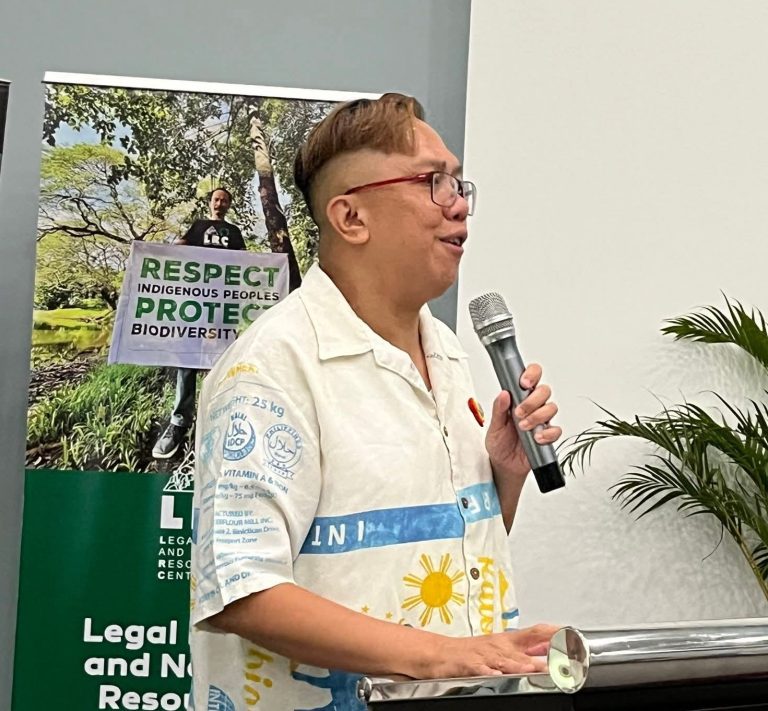
IN observance of International Lead Poisoning Prevention Week 2025 (#ILPPW2025), marked globally from October 19–25, environmental justice organization BAN Toxics, in partnership with Barangay Officials and residents of Barangay Tatalon in Quezon City, organized a colorful community parade and awareness drive against #LeadPoisoning on October 24.
The event brought together more than 600 participants, including children, parents, teachers, barangay officials, and local residents, in a united call to eliminate lead exposure, protect children’s health, and safeguard the environment. It was held in conjunction with Barangay Tatalon’s United Nations Day celebration, reinforcing themes of global solidarity and community action.
The parade highlighted children from five (5) local daycare centers, all dressed in vibrant international costumes while carrying banners and placards advocating for a global ban on lead in children’s products and consumer goods. Educational materials were distributed, and interactive activities were held to raise awareness on the health risks of lead exposure and to promote lead-safe environments.
This year’s #ILPPW2025 theme, “No safe level: Act now to end lead exposure,” echoes the World Health Organization (WHO) campaign message that any level of lead exposure is harmful, especially for children. In addition to banning leaded paint, other key sources of exposure must also be addressed, such as toys, cosmetics, traditional medicines, spices, ceramics, recycled batteries, and unsafe water systems.
“No level of lead exposure is safe. Lead can be found in household paint, school furniture, toys, and even playground equipment,” said Thony Dizon, Advocacy Officer at BAN Toxics. “Lead contamination affects our air, water, and soil, and contributes to widespread #LeadPoisoning. This community action is a powerful reminder of our shared responsibility to protect our children’s future.”
In its market monitoring from September to October this year, BAN Toxics purchased various toys such as playsets, dolls, toy cars, and animal figurines, priced between ₱50 and ₱150 from vendors in Baclaran, Pasay City and other public markets in Metro Manila. Using a Vanta C Series XRF Analyzer, the group tested 215 toy samples, all of which were found to contain lead levels ranging from 100 parts per million (ppm) to as high as 6,000 ppm. All toys exceeded regulatory limits, violating DAO 2013-24, or the DENR Chemical Control Order for Lead and Lead Compounds, which prohibits the use of lead in toy production and sale.
WHO identifies lead poisoning as a major global health concern, particularly for young children who absorb 4–5 times more lead than adults from the same source. Due to their frequent hand-to-mouth behaviors and natural curiosity, children are at higher risk of ingesting lead from contaminated dust, soil, and paint. Lead exposure can have irreversible and sometimes fatal consequences, including lower IQ, learning difficulties, behavioral disorders, developmental delays, anaemia, kidney damage, heart disease, and even death in severe cases.
As lead paint remains one of the largest sources of lead exposure globally, BAN Toxics joins the movement in calling on governments to #BanLeadPaint. Building on the Global Alliance to Eliminate Lead Paint’s Model Law, momentum is growing for countries worldwide to adopt legally binding controls on lead in paint. Over 40 countries have already introduced new regulations restricting lead paint, underscoring the urgent need for global action.
“Lead poisoning is preventable,” Dizon emphasized. “Through community-driven initiatives like this, we are able to educate, empower, and advocate for stronger policies that protect both human health and the environment. We are proud to stand with Barangay Tatalon and echo the global call to end lead exposure, once and for all.”
BAN Toxics continues to be an advocate for the elimination of toxic chemicals, especially those that affect children. The organization actively works closely with communities, local governments, and policymakers to push for a toxics-free and waste-free future.





